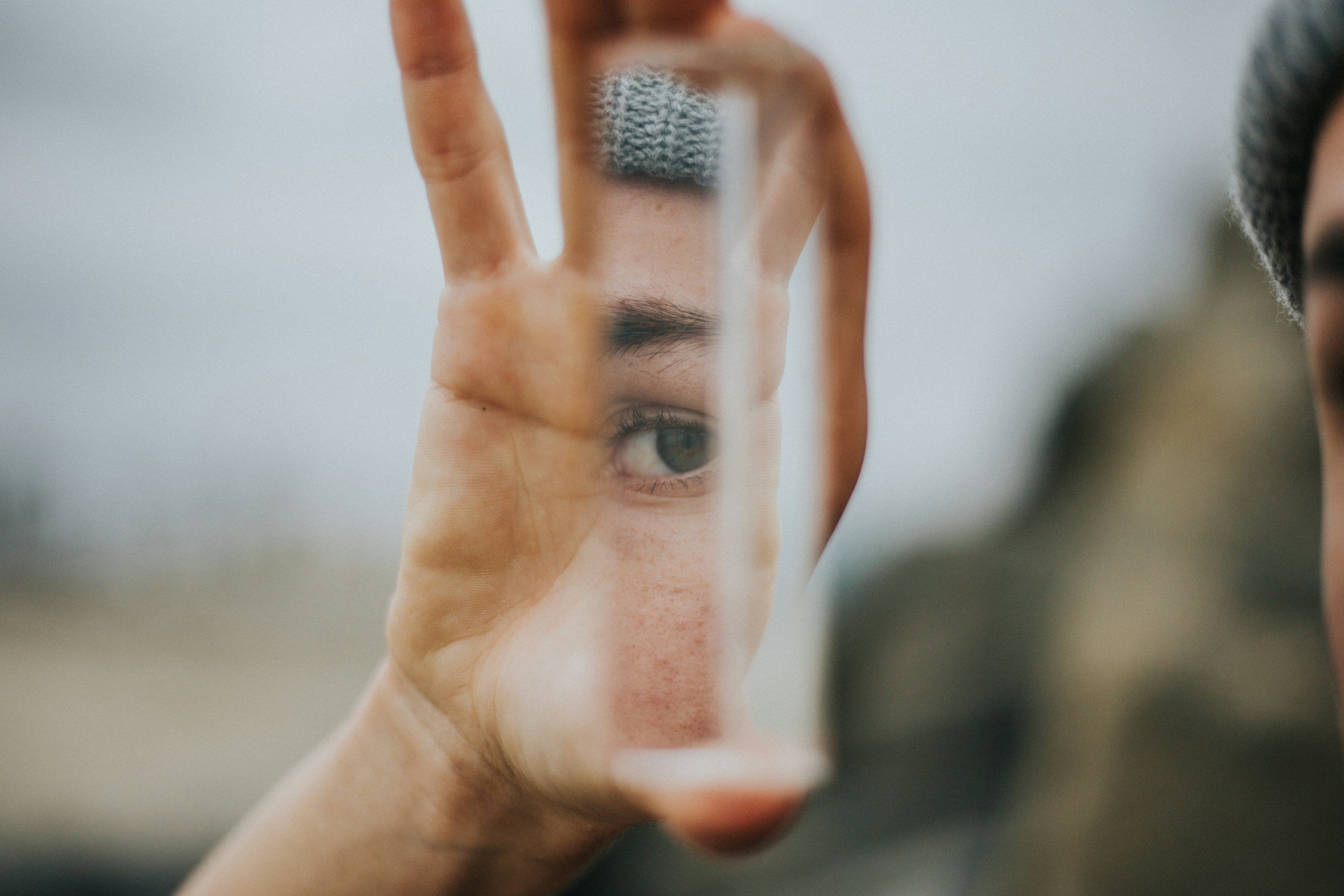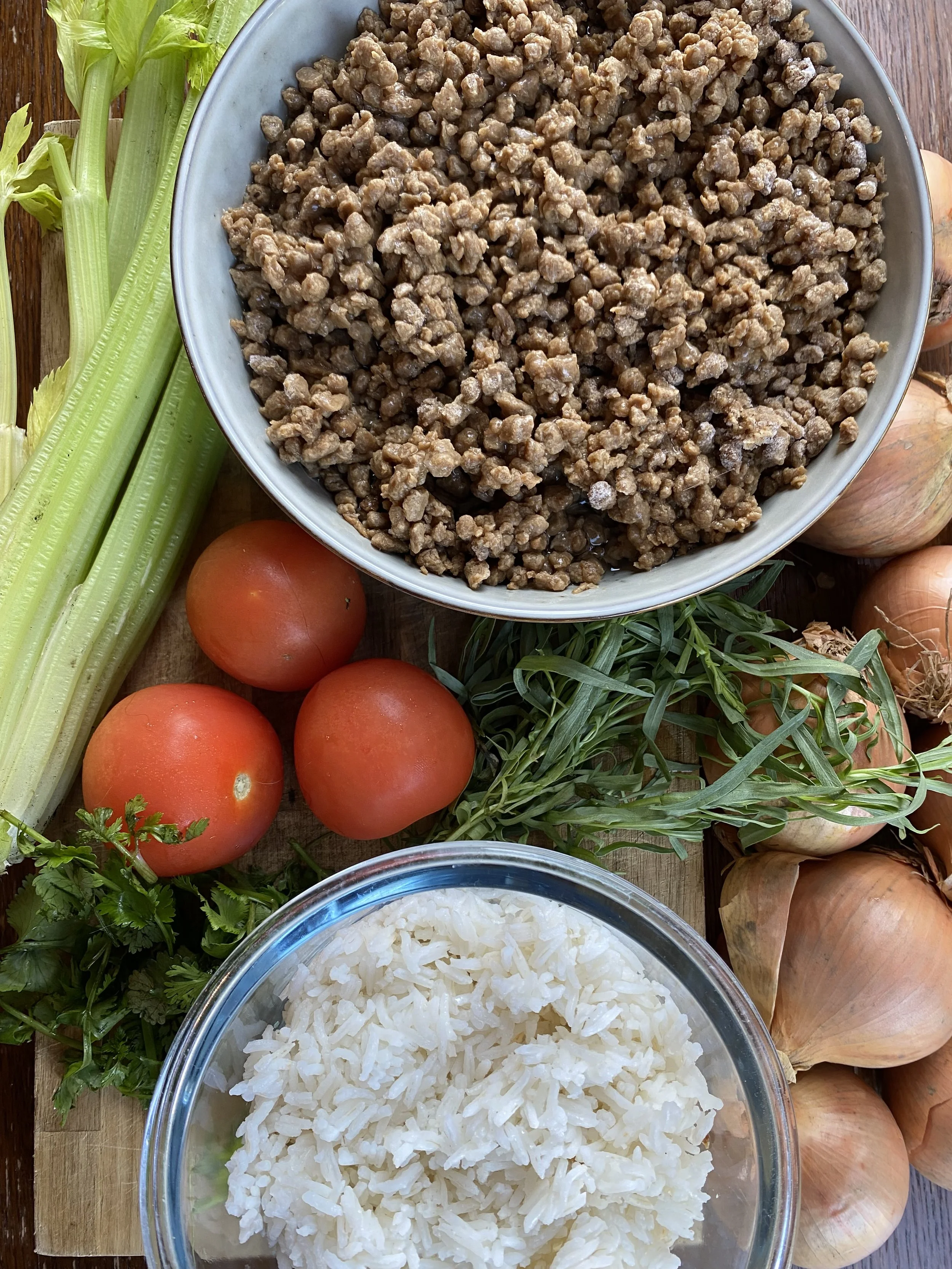Technology - When Do We Stop?
The good, the bad and ugly…
The popular Netflix film “The Social Dilemma” premiered in 2020 and riddled all of its 38 million viewers with crippling anxiety about the speed at which technology is advancing. You could hear Instagram accounts being deleted across the globe… and then quickly re-downloaded a week later.
But it’s important to recognise that technology and social media isn’t all bad. 2020 was a year that highlighted a lot of positives about technology: Instagram spread awareness of the Black Lives Matter movement; Zoom helped family and friends to stay connected; and Amazon brought our shopping to our door during lockdown. However, there remains widespread concern that technology will gradually overtake human capabilities and soon enough we will all end up like the overweight, lazy, degenerated humans from WALL-E; constantly being catered for and never having to lift a finger. The question is: should we stop technology from going too far, and more importantly, is that even possible?
The Psychology of efficiency
The key purpose of technology is to make us more efficient because efficiency equals happier and more fulfilling lives. From DVDs to Netflix; handwashing to washing machines or writing to typing – everything we do is quicker and easier with technology. But is technology actually making us more efficient, or does it just make us feel more efficient?
With all these quick fixes, you would think that we would have much more spare time in our days. But, technology has driven us productivity-mad and now we are all fighting to cram as much into our lives as humanly possible. What do you mean you don’t work out twice a day, go for coffee dates on your lunch break and have a side hustle? It’s like being a poor mans Kardashian.
You have to question whether all this technology is improving the quality of our lives, or just the quantity of what we do. This is reflected on social media platforms like Instagram, where users often struggle to “keep up” with what their friends are doing. Ultimately, this takes a toll on our mental wellbeing which is surely the opposite of having happier and more fulfilling lives.
The simpler life
Covid-19 forced everybody to slow down and appreciate the simpler things in life, like nature and spending time with family. With the lockdown restrictions being fully eased soon, many of us may be feeling a sense of anxiety about leaving this lifestyle in the past. For me, the switch back to “normal” life has felt as quick as the switch into lockdown and before you know it your calendar is booked up until 2022. But, is there a way for us to continue a slower pace of life in a post-Covid world?
Psychologist Richard Reid says “If we operate at a fast pace too much of the time, then we become increasingly task-orientated, meaning that we no longer derive the same level of pleasure from relationships and smaller experiences. Overtime, this can adversely affect our resilience and our enjoyment of life.”
It’s clear technology is not going to stop advancing anytime soon. So, the onus is on us to set boundaries around our technology use and take back the control that it has over our lives. In order to maintain a slower pace of life, it is important to think about the things that actually make you happy and prioritise them. Have technology-free time and limit your social media use. Don’t fall into the productivity wormhole and instead say “no” to plans every now and again. Balance is key and the only person that has control over that isn’t Apple, or Elon Musk, it’s you.
Written by Bethany Lane.
My name is Beth, I’m 22 and currently living in East London. You can normally find me nursing a hangover, eating a block of Brie and trying to convince my friends that Planes, Trains and Automobiles is the best film ever. Writing is a new venture for me and I’m excited to see where it goes.











